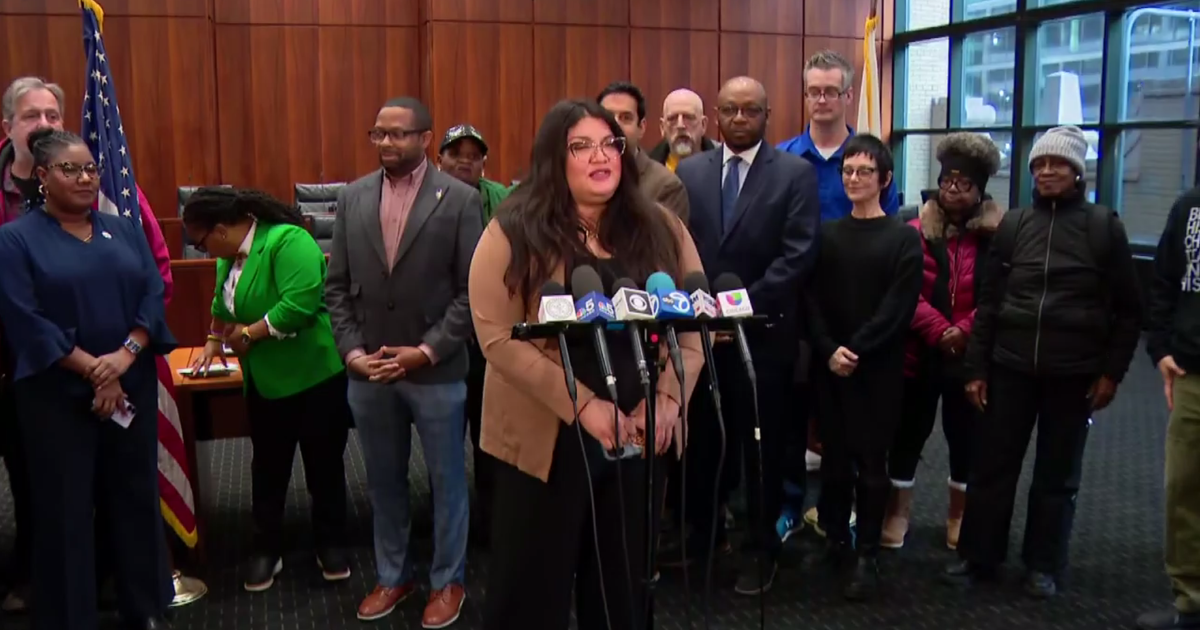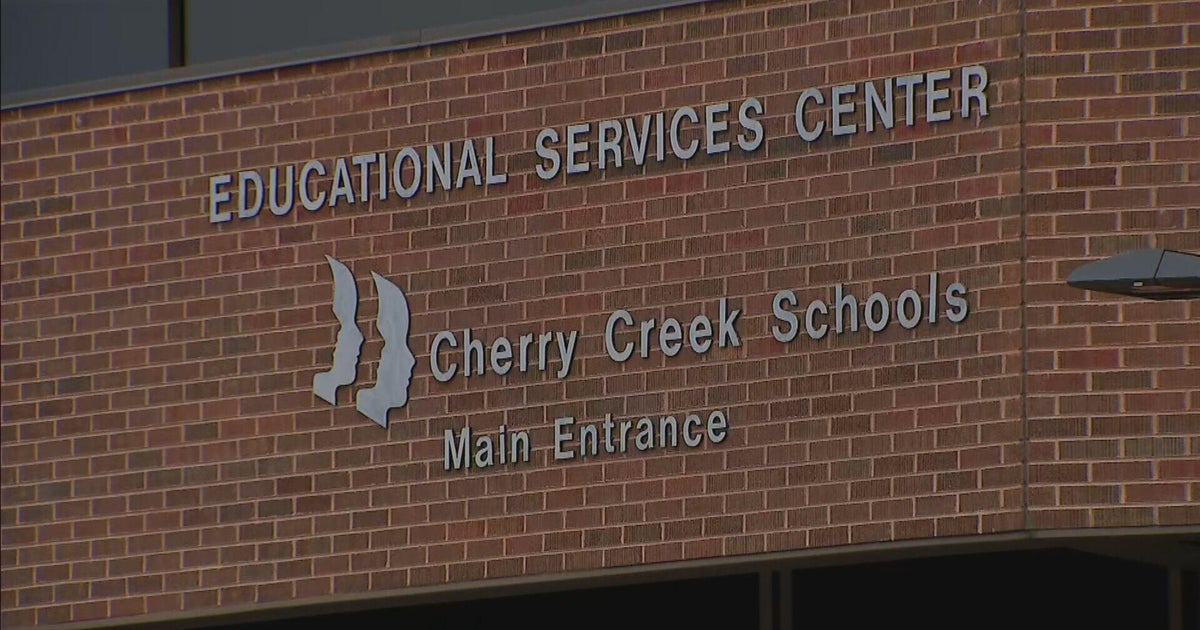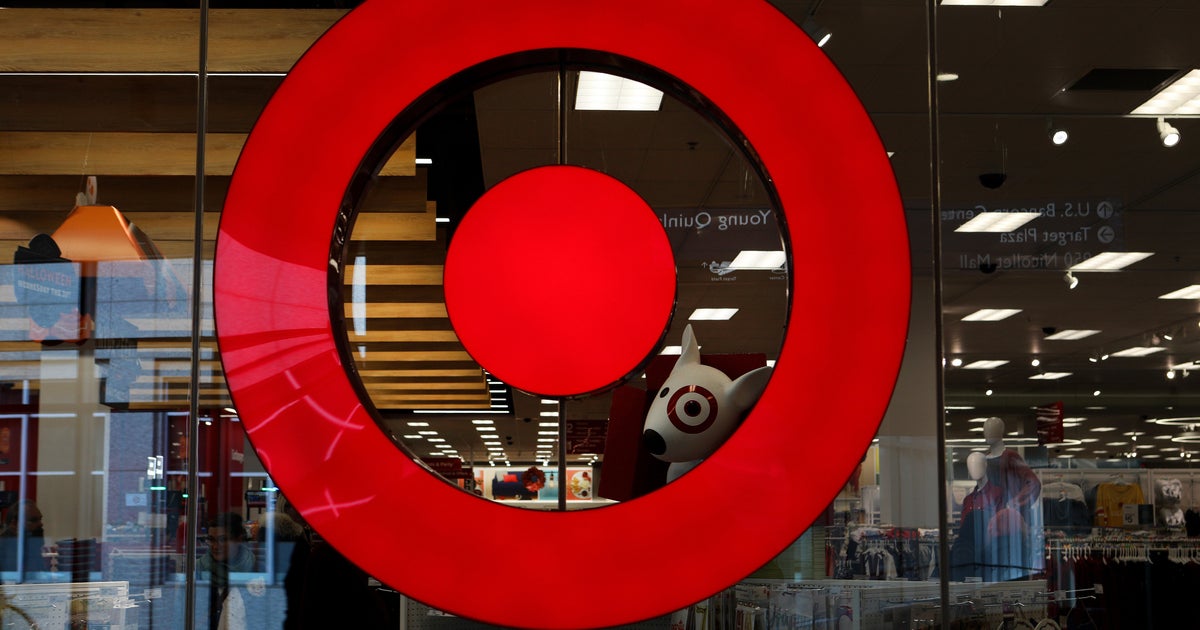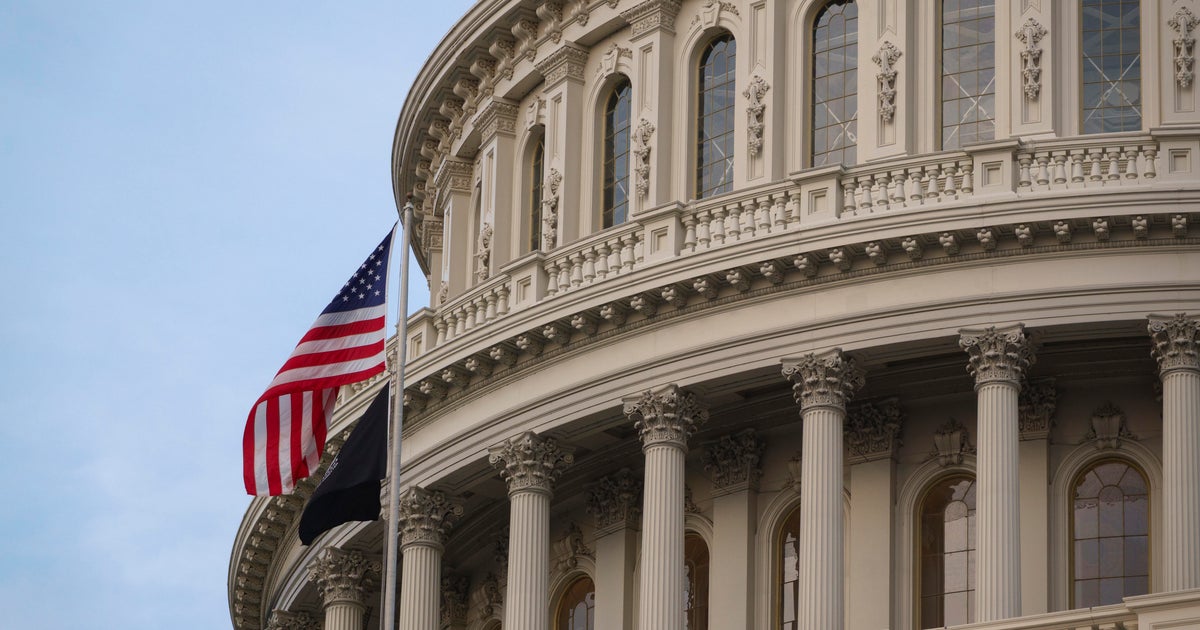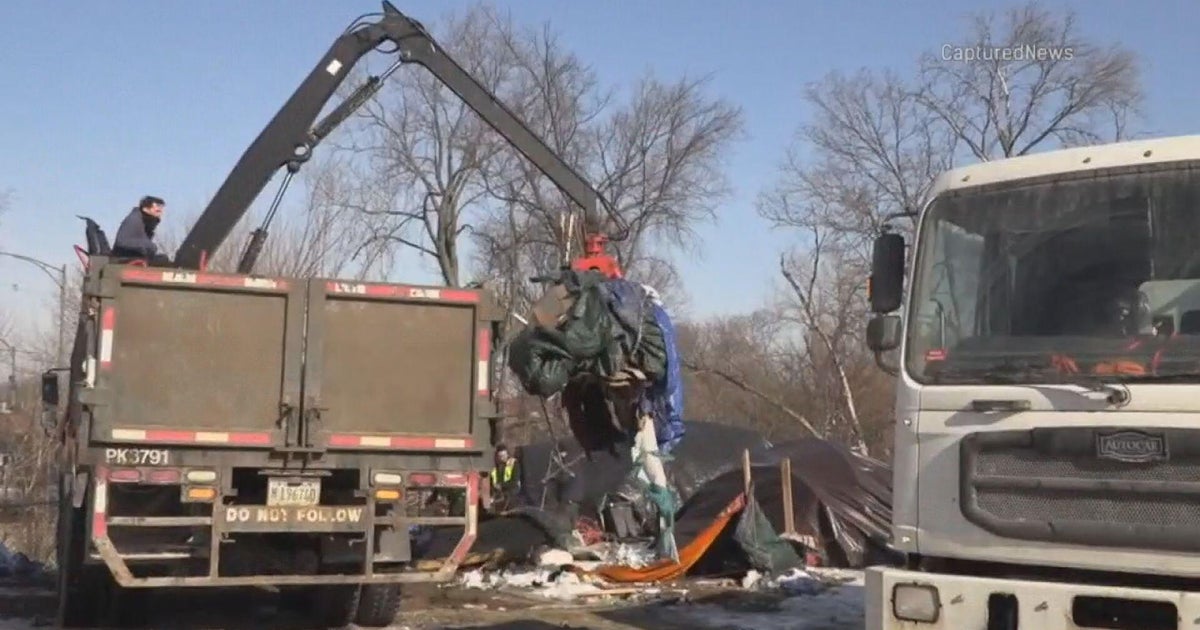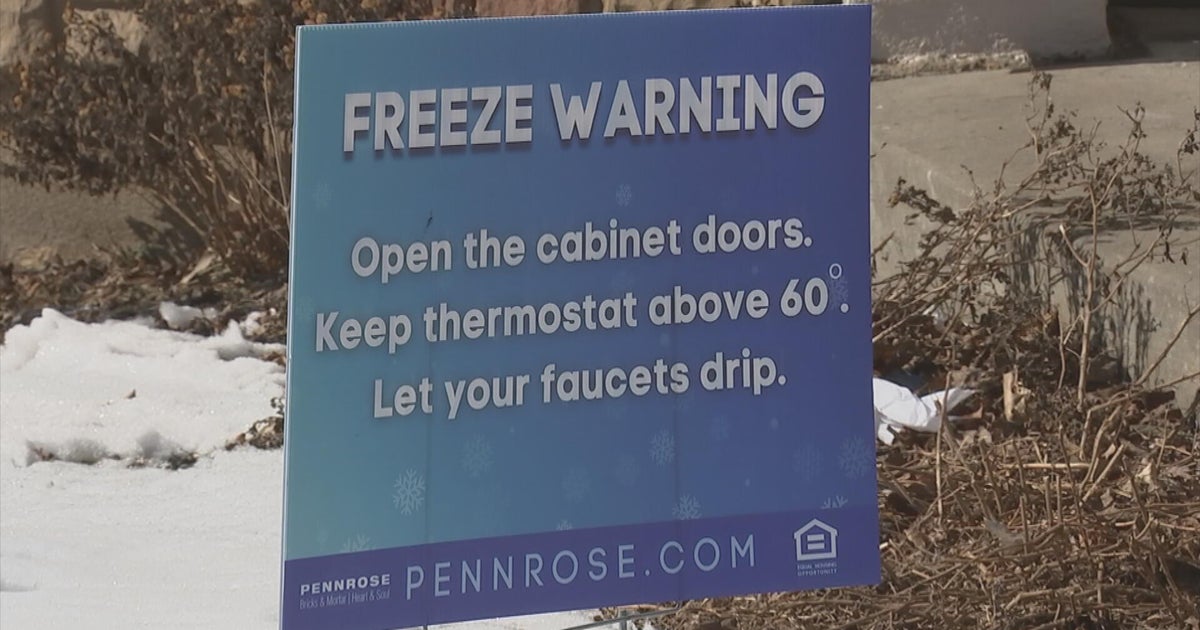Energy Secretary Announces Special Program To Lower Hill District Residents' Utility Bills
PITTSBURGH (KDKA) - Pittsburgh's Hill District has been designated for a special Department of Energy program that will help local residents lower their utility bills and transition to clean energy.
In an exclusive interview seen only on KDKA, money editor Jon Delano spoke with Energy Secretary Jennifer Granholm about this program.
Only 22 communities across the nation have been selected in what's called the Communities LEAP program or the Local Energy Action Program. The Hill District is now one of them.
It's a pilot project under the Biden administration to target technical assistance to local community residents who want to retrofit their homes to make them energy efficient and greener, less reliant on fossil fuels.
The Hill District is a winner, thanks to a proposal made by the Green Building Alliance, the Pittsburgh City Planning Department, the Energy Innovation Center and Duquesne Light, working with Hill District organizations.
Granholm outlined some of the options for the community.
"The designation gets them our technical assistance to be able to access federal dollars, to be able to open some doors to help with their roadmap going forward. This is all in partnership with communities. We don't come in and tell communities what to do," Granholm told KDKA's Jon Delano. "We want to work with them on the strategy that's best for them and then help to fund that through the programs that have been passed by Congress."
"It's exciting that Pittsburgh is once again getting the opportunity to lead the way on things related to energy and infrastructure," says Maria Montano, press secretary to Mayor Ed Gainey. "We're pretty excited that we're one of 22 cities to be awarded this grant, and it's a perfect opportunity in the Hill District to really do some great investing."
WATCH: KDKA's Jon Delano reports
"We want to make sure that they have insulation in their homes so that the homes are button down tight, so there isn't leakage," says Granholm. "So it's all of that and thinking through how to make the whole community renewable, powered by renewables. That is one of the strategies that they are looking at. There's all kinds of technology to do that, all kinds of building materials that they could be looking at. There's some building materials that actually generate energy through solar, not just solar panels, but solar shingles, for example."
"People who live in the Hill District, like a lot of people in the region -- 61 percent of houses in Pittsburgh are over a hundred years old, and a lot of those houses could use great upgrades with regard to energy efficiency," notes Jenna Cramer, executive director of the Green Building Alliance.
"The greater Hill District won as one of these 22 communities because they have a strategy for being able to help homes become weatherized and more efficient and to seek renewable energy generation in that area," says Granholm. "It accesses a huge amount of resources at the federal level. For example, we are announcing this week $3.5 billion that will be made available for weatherization of homes and a lot of that is retrofitting of homes."
In addition to direct aid to homeowners, the Hill has 600 acres of vacant publicly owned land above abandoned coal mines that could be used to generate clean energy with solar panels or windmills, says Cramer.
"Whether it's through solar, through thermal, through wind in a way that the energy that is generated right there can directly impact the residents who live in the Hill District," says Cramer.
Delano: "So you're actually thinking of generating energy in the Hill District that would reduce the utility bills of Hill District residents?"
Cramer: "Yes, yes."
The Gainey administration is all on board, says Montano.
"Training and education opportunities for folks in that community. It's going to create – working on clean energy workforce development in that community. This is going to be scalability. We think this is going to a great job in improving the quality of life in the Hill District," says Montano.
Now nothing will be decided about implementing this program, says Secretary Granholm and local officials, without community support from Hill District residents. It's a long-term project that is only just beginning.
WATCH: KDKA's Jon Delano reports
WATCH: Full interview
